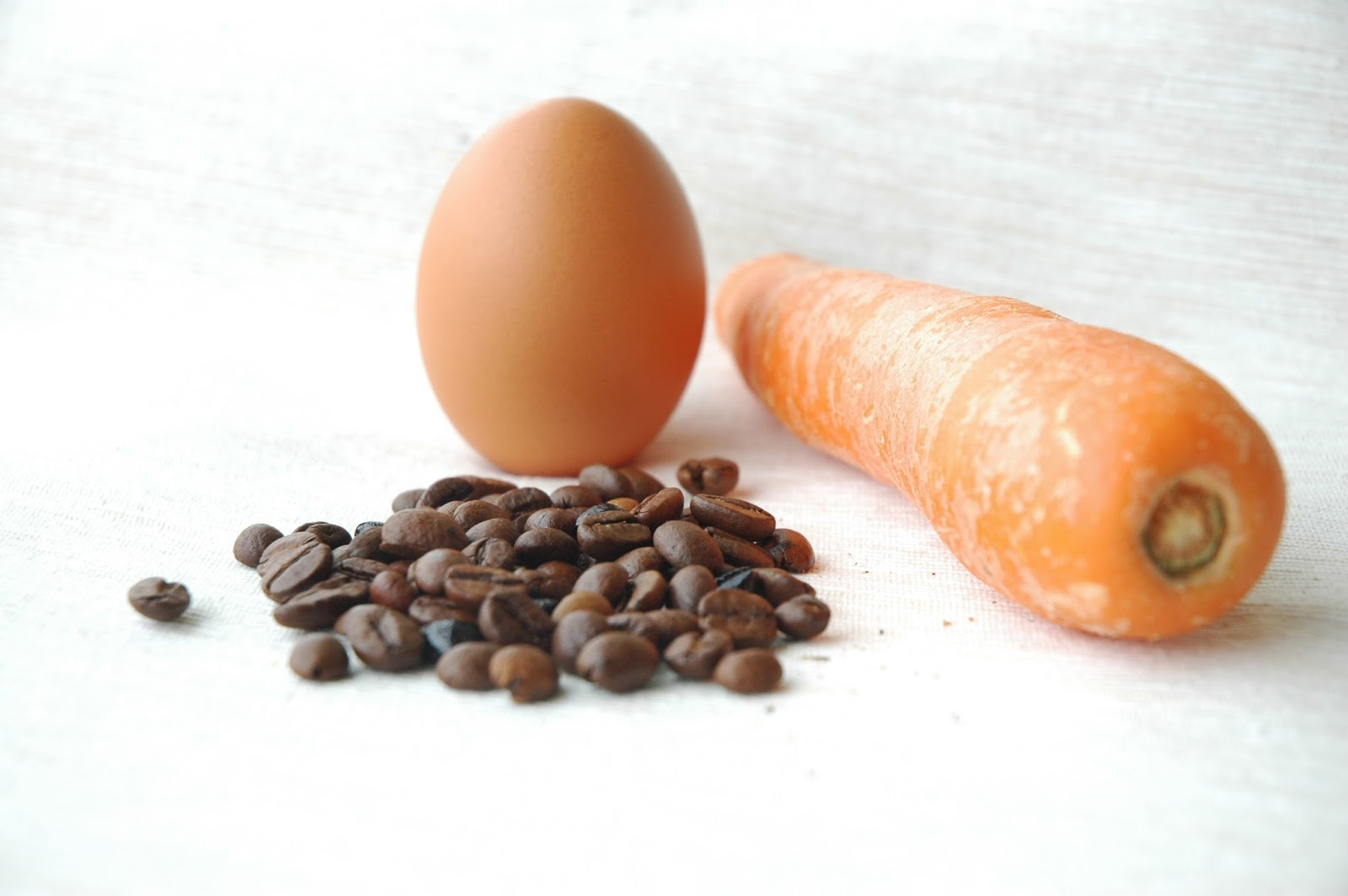
A young woman went to her mother and told her about her life and how things were so hard for her. She did not know how she was going to make it and wanted to give up. Her mother took her to the kitchen. She filled three pots with water and placed each on a high fire. Soon the pots came to a boil. In the first, she placed carrots, in the second she placed eggs and in the last she placed ground coffee beans. In about twenty minutes, she turned off the burners.
The mother brought her closer and asked her to feel the carrots. She did and noted that they were soft. She then asked her to take an egg and break it. After pulling off the shell, she observed the hard-boiled egg. Finally, she asked her to sip the coffee. The daughter smiled as she tasted it.
Then her mother explained that each of these objects had faced the same adversity — boiling water — but each reacted differently. The carrot went in strong and hard. However, after being subjected to the boiling water, it softened and became weak. The egg had been fragile. Its thin outer shell had protected its liquid interior. But, after sitting through the boiling water, its inside became hardened! The ground coffee beans were unique, however. After they were in the boiling water, they had changed the water.
“Which are you? When adversity knocks on your door, how do you respond? Are you the carrot that seems strong but, with pain and adversity, do you become soft and lose your strength? Are you the egg that starts with a malleable (柔软的) heart, but changes with the heat? Or do you like the coffee bean? The bean actually changes the hot water, the very circumstance that brings the pain. When the water gets hot, it releases the fragrance and flavor. Are you a carrot, an egg or a coffee bean?” the mother asked.
1.What was the young woman’s attitude to life?
A Positive.
B Negative.
C Uncaring.
D Neutral.
解析:选B。B推理判断题。根据第一段前两句“A young woman went to her mother and told her about her life and how things were so hard for her. She did not know how she was going to make it and wanted to give up.”可知,一个年轻的女人走到母亲面前,告诉她自己的生活对她来说是多么艰难。她不知道怎样才能成功,她想放弃。由此可知,因此对待生活是消极的。故选B。
2.What does the underlined word “sip” mean?
A Grasp.
B Shift.
C Drink.
D Blame.
解析:选C。C词义猜测题。根据划线部分后面的“The daughter smiled as she tasted it.”可知,女儿品尝着浓郁的咖啡时笑了,因此这位母亲让她的女儿喝了一口咖啡。故选C。
3.What is the third paragraph mainly about?
A What the mother did when she faced adversity.
B When adversity knocked on the mother’s door.
C Why the mother used these materials.
D How these objects reacted to the boiling water.
解析:选D。D段落大意题。根据该段中心句“Then her mother explained that each of these objects had faced the same adversity — boiling water — but each reacted differently.”可知,该段主要讲了这些物质中的每一个都面临着同样的逆境——沸水——但每个物质的反应都不同。故选D。
4.What is the purpose of the passage?
A To educate.
B To introduce.
C To appeal.
D To advertise.
解析:选A。A推理判断题。一位母亲通过胡萝卜、鸡蛋和咖啡豆在沸水中的反应的实验,向女儿讲述如何面对困境,意在教育她的女儿乐观面对生活中遇到的困难,而作者写此文的意图也在于教育读者积极乐观面对困难。故选A。